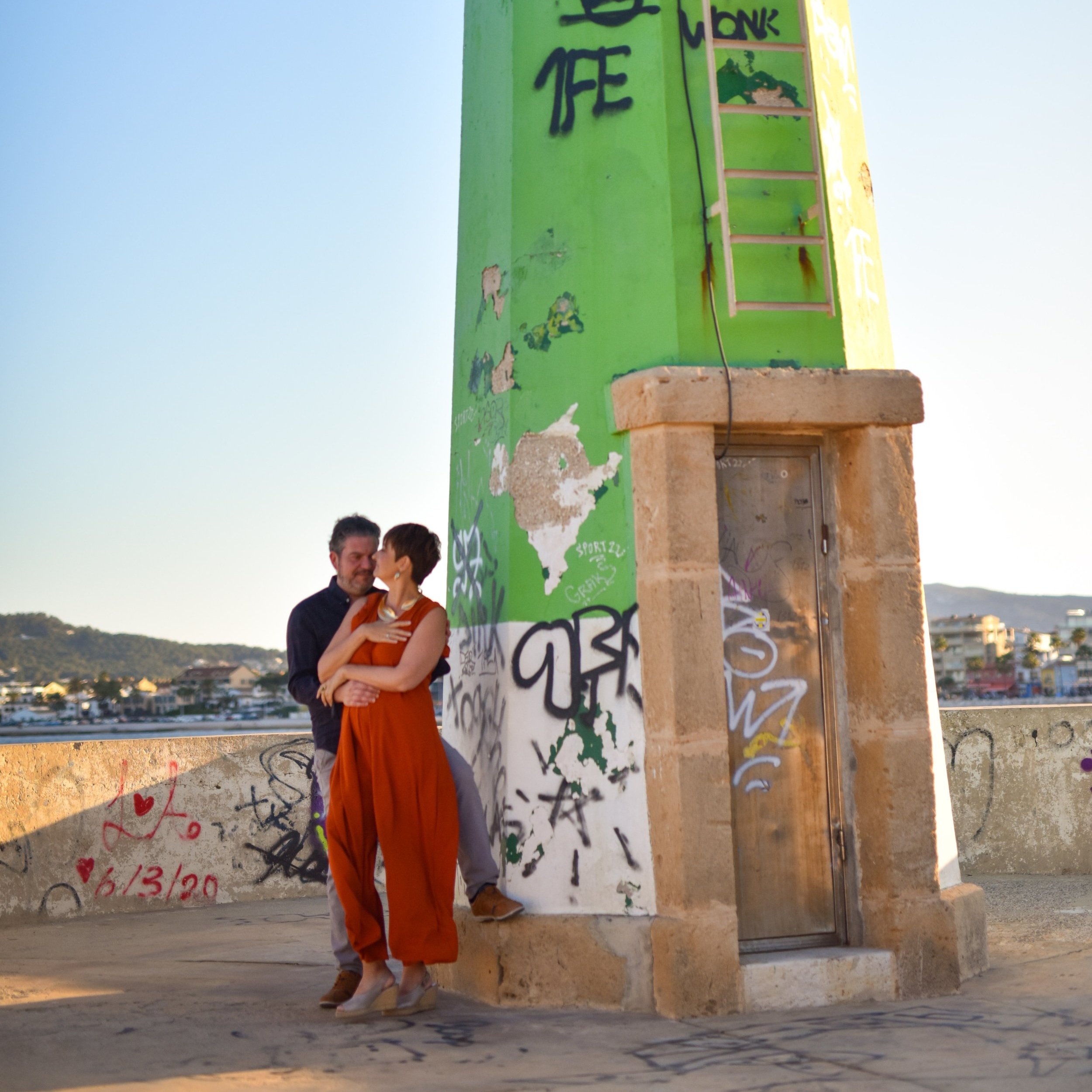Codependency in Relationships: Seeking Validation and Overcoming Insecurities
Where Do You Still Seek Validation "Out There"?
Last weekend, during a conversation with a third party, I found myself explaining how not living with my beloved doesn’t mean we don’t love each other.
I then turned around to my partner and asked:
"Even if we don't live together, you are committed, right?"
And quite rightly, it didn’t go down well.
At the time, I was quick to defend myself.
But upon reflection, I realized that my question came from a deep-seated need for validation in relationships.
That sneaky pattern—still looking for love outside of myself and believing that if I GOT the answer I was looking for, everything would be okay.
At that moment, I didn’t see what was happening with clarity—until I did.
The Trap of Seeking Validation in Relationships
I put myself in his shoes and thought: If the opposite were true, how would I respond?
It became clear that if someone questioned my commitment to a relationship, despite me consistently showing them my love and devotion, I’d get frustrated. Over time, that doubt would become exhausting.
When you hand over the responsibility of validating your worth to another person—whether consciously or unconsciously—they feel it.
This dynamic of "I look to you to validate me and take care of my insecurities" only leads further down the road of codependency in relationships.
How Codependency Forms in Romantic Relationships
Codependency often starts subtly:
Constantly seeking reassurance from your partner.
Feeling uneasy when they don’t respond in the way you hoped.
Doubting their love or commitment, despite no evidence to support that doubt.
Overthinking small interactions and searching for hidden meanings.
When this cycle continues, the relationship becomes unbalanced. One person takes on the role of the "fixer" while the other remains dependent on external validation.
Overcoming Insecurities in Relationships
To break free from this pattern, we must learn to self-validate and rebuild inner security.
1. Reparent Yourself
Like a child looks to a parent for approval, we can take responsibility for nurturing our own emotional needs. This means:
Recognizing and affirming our own worth.
Learning to soothe our inner fears without external reassurance.
Celebrating our achievements and personal growth.
2. Set Healthy Boundaries in Relationships
Strong boundaries allow us to feel secure and valued without needing constant validation.
Establish what is acceptable and what isn’t in your relationship.
Communicate your feelings without placing responsibility on your partner.
Respect their space and independence, just as you desire the same.
3. Practice Self-Love and Self-Validation
Instead of waiting for your partner to tell you that you are enough—tell yourself.
Affirmations: "I am worthy of love and respect."
Journaling: Write down moments where you felt confident and loved.
Mindfulness: Notice when you seek validation and redirect your focus inward.
Breaking Free from Codependency and Embracing Self-Worth
Codependency thrives on fear and insecurity, but healthy love is built on mutual respect and individual wholeness.
Instead of looking outward for reassurance, take a step inward. Honor yourself, love yourself, and trust that your worth isn’t defined by external validation.
Need support in building self-confidence and setting boundaries? Message me on WhatsApp now!
FAQs
1. How do I stop seeking validation in relationships?
Start by recognizing when you are looking for external reassurance. Build self-confidence through affirmations, journaling, and healthy boundaries in relationships. Learn to trust yourself and validate your own worth.
2. What are the signs of codependency in a relationship?
Signs include constantly needing approval, feeling anxious when apart from your partner, neglecting your own needs, and overcoming insecurities in relationships by relying too much on your partner for emotional support.

